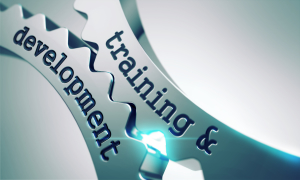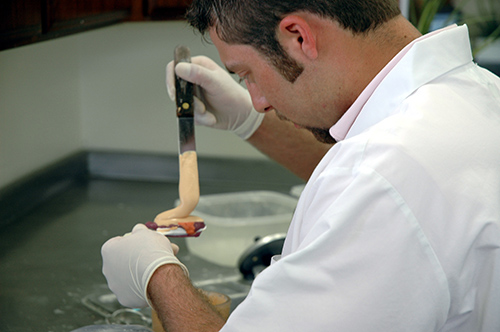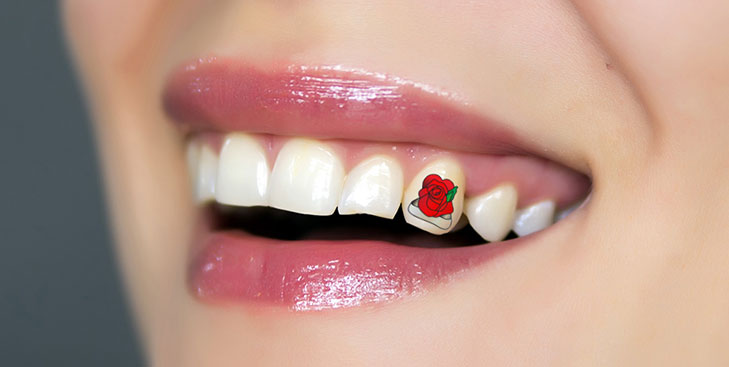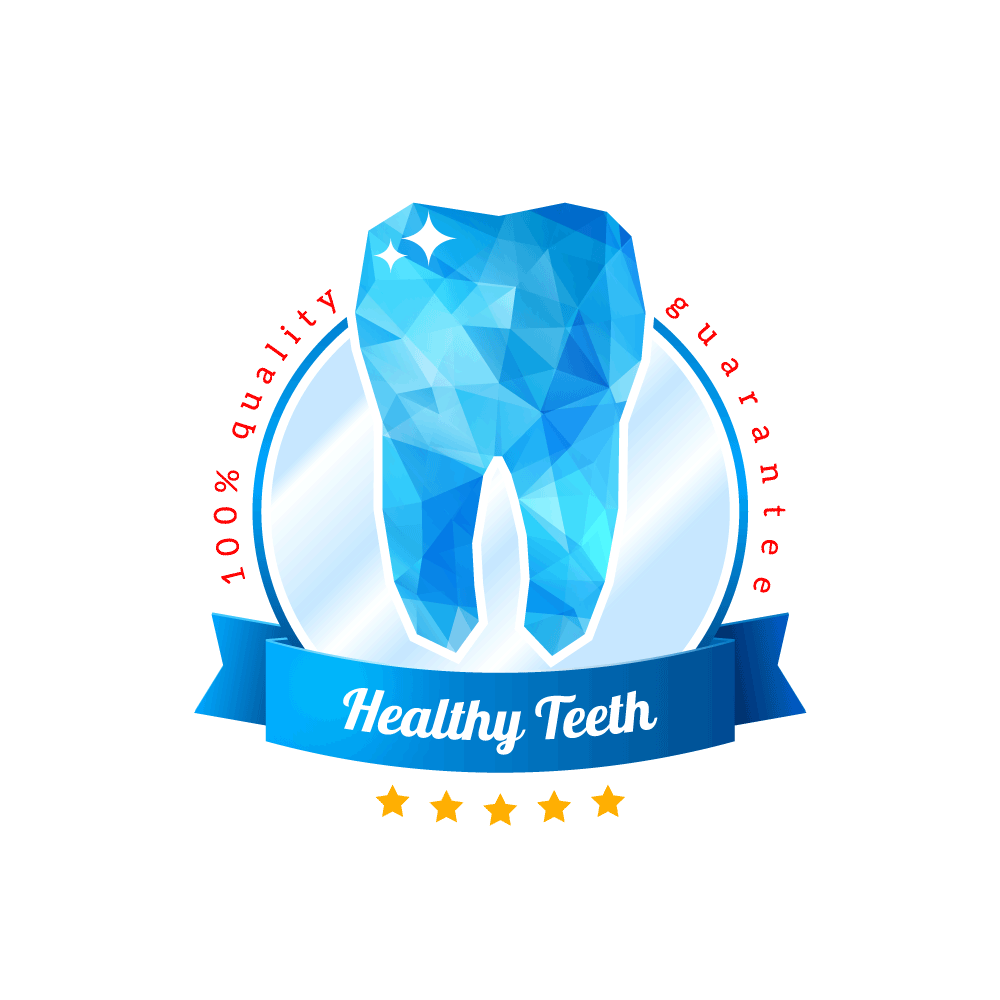Dental schools are wonderful and they are a vital source of very valuable information and foundational training within the dental industry, but let’s face it, most students who graduate from dental school do not get the necessary laboratory training and education. This is a HUGE missed opportunity that must be made up for in some fashion. Quality dental labs that are worth partnering with end up being much more than a churn and burn factory that just provides one restoration after another. They also act as a gateway into new technologies, equipment and material that will end up shaping not only the future of dental care but also the dentist-patient relationship. Oh, and they help you sell more cases by the way.
Dental labs that understand the opportunity they have to influence the dentist’s practice for good will be able to leverage their knowledge and experience on behalf of the dentist. Often times the decisions of material type or the processing of lab products is put into the hands of the lab. This can be a very wise move on the part of the dentist, as the lab will more than likely see a lot more cases and will have valuable input. But how can a dentist be reassured of their labs commitment to education and their ability to effectively share that knowledge to benefit the dentist, his/her practice, and the patients? Well, here are a few critical areas to consider.
Does Your Dental Lab Show Dedication to Education?
 Manufacturers of products and developing technologies spend vast amounts of time and effort educating and teaching dental labs on the intricacies and use of their products. A commitment to these educational opportunities is demonstrated by attending training seminars, viewing instructional videos, reading studies and, of course, becoming intimately familiar with the standards and guidelines of a particular piece of technology or product. Many good manufacturers, and in turn dental labs, will be able to take this education of the products and articulate its specific benefits in a holistic manner that really becomes a vehicle by which dentists can enhance their business offerings.
Manufacturers of products and developing technologies spend vast amounts of time and effort educating and teaching dental labs on the intricacies and use of their products. A commitment to these educational opportunities is demonstrated by attending training seminars, viewing instructional videos, reading studies and, of course, becoming intimately familiar with the standards and guidelines of a particular piece of technology or product. Many good manufacturers, and in turn dental labs, will be able to take this education of the products and articulate its specific benefits in a holistic manner that really becomes a vehicle by which dentists can enhance their business offerings.
Is Your Lab a Gatekeeper of Information?
As most dental lab owners might tell you, the degree to which a dentist knows and understands all of the restorative options available will vary greatly from dentist to dentist. On a high level, they will understand general differences, but they don’t always know every brand or even preparation or cementation differences. Dentist are not required to really keep up to speed with all of this information, at least not to the degree that dental labs are expected to. What is interesting, is that generally speaking, it is the younger and newly graduated dentists that are more up to speed and current on advancing technologies and products. The more seasoned generation of dentists tends to be late adopters, having a “wait and see” type of attitude. In either case, whether you are an early adopter or a late one, you should be able to trust that your dental laboratory will have more detailed information for you whenever you feel the time is right.
Did Your Lab Pass Kindergarten?
 I know, I know, it sounds silly, but give me a second. What that means is, do they know how to share. A very simply principle that is learned at the earliest stages of childhood is sharing. Your dental lab owner or technicians might have all of the knowledge in the world and may, in fact, be excellent in completing their work, but do they share? Is it easy to contact them and obtain the knowledge that you are seeking or does it seem like you have to jump through a few too many hoops? How can you complete effective case planning if it is difficult to get the right information in a timely manner? A high-quality dental laboratory will be able to understand technology, materials, builds and cementation and everything in between. Additionally, they will also understand what the objectives and roles of the dentist are and then be able to facilitate accordingly.
I know, I know, it sounds silly, but give me a second. What that means is, do they know how to share. A very simply principle that is learned at the earliest stages of childhood is sharing. Your dental lab owner or technicians might have all of the knowledge in the world and may, in fact, be excellent in completing their work, but do they share? Is it easy to contact them and obtain the knowledge that you are seeking or does it seem like you have to jump through a few too many hoops? How can you complete effective case planning if it is difficult to get the right information in a timely manner? A high-quality dental laboratory will be able to understand technology, materials, builds and cementation and everything in between. Additionally, they will also understand what the objectives and roles of the dentist are and then be able to facilitate accordingly.
Dissemination of Information
The relationship between the lab and the dentist relies heavily on communication. Having regular communication through a variety of sources enables information to be transferred and the relationship to strengthen through trust. Dental labs that are active in these efforts often send regular newsletters, hold trainings and seminars, participate in studies, post content on the web and even write in industry publications. Being a resource of information is incredibly valuable, but it’s most valuable of that information is readily accessible, and utilizing multiple mediums is a great way to accomplish that.
In Summary
The role of a dentist is to provide the best option for his/her patients depending on varying parameters of very specific cases. It is not expected that a dentist knows every finite detail. They should be able to present the general options to a patient and get specific information to their lab in order to find the right solution for an individual case. Having a trusted dental lab that does high-quality work and is intimately familiar with all of the restorative options available is like have an ace up your sleeve. If you don’t need it, don’t pull it. But if you do…




